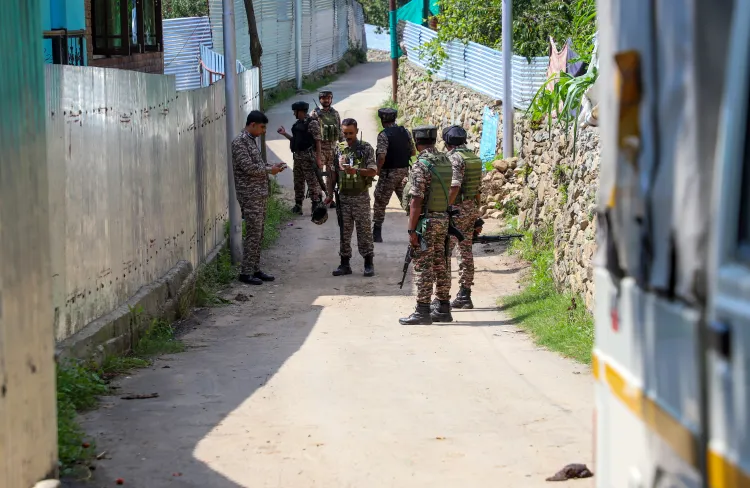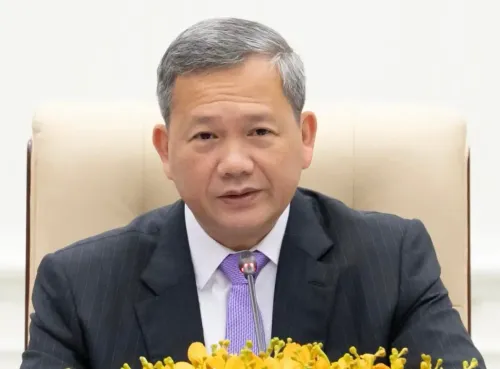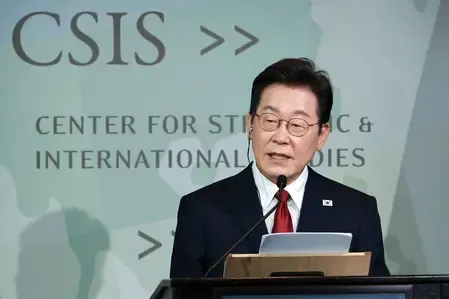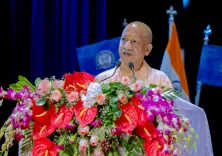How is the China-Pakistan nexus equipping terrorists in J&K with advanced technology?

Synopsis
Key Takeaways
- China and Pakistan have formed a strategic alliance that enhances terrorist capabilities.
- Advanced communication systems and surveillance technologies are being supplied to terrorist factions.
- Traditional insurgency tactics are evolving into digital warfare capabilities.
- Real-time coordination is now possible for terrorists due to advanced network architecture.
- India must address the implications of this China-Pakistan nexus on national security.
Stockholm, Aug 15 (NationPress) The China-Pakistan technological alliance has significantly transformed the security environment in Jammu and Kashmir, systematically equipping terrorist factions with advanced military-grade communication systems and surveillance technologies, as highlighted in a report released on Friday. The report indicates that traditional insurgency tactics have progressed into sophisticated digital warfare capabilities, reshaping the dynamics of cross-border militancy.
According to the report from the European Times, this strategic partnership between Beijing and Islamabad has established a formidable supply chain for advanced military equipment. As per the Stockholm International Peace Research Institute’s report for 2025, China constituted 81% of Pakistan’s arms imports from 2019 to 2023, amounting to around $5.28 billion. This collaboration extends beyond merely conventional weaponry to include dual-use technologies infiltrating terrorist arsenals throughout Kashmir.
The report also references the terrorist attack that occurred on April 22 in Pahalgam, demonstrating the extent of technological infiltration in the region. Security forces confiscated Huawei satellite phones, Chinese-manufactured GPS devices, body cameras, and encrypted communication systems from the attack site, marking a transition from basic militant operations to coordinated, technology-driven warfare utilizing Chinese expertise.
Additionally, the advanced network architecture enabled terrorists to coordinate in real-time while ensuring operational security. The operational repercussions were apparent during Operation Mahadev, where Indian security forces utilized signals from a Chinese satellite phone activated in the Baisaran area to track terrorists. The successful elimination of three operatives from Lashkar-e-Taiba, including the suspected mastermind behind the Pahalgam incident, underscored not only the potential of technology but also its vulnerabilities when effectively countered.
The report elaborated that China’s involvement goes beyond hardware, focusing on the creation of a comprehensive digital infrastructure. The China-Pakistan Economic Corridor features telecom towers operated by China Mobile Pakistan (Zong), extending digital coverage into Indian districts such as Kupwara, Rajouri, Poonch, and Uri. This network has established multiple layers of operational support for terrorist activities.
Furthermore, the report emphasized that China’s provision of sophisticated communication systems, surveillance technologies, and weapons capabilities enabled Pakistan to deny any direct involvement while simultaneously escalating the lethality of terrorist operations. The collaboration between China and Pakistan has resulted in numerous destabilizing effects.
“The integration of Chinese technology within Kashmir’s militant ecosystem signifies more than a tactical shift; it presents a strategic challenge to Indian sovereignty and regional stability. The China-Pakistan nexus has developed a complex support system that amplifies terrorist capabilities while affording plausible deniability to state sponsors,” the report concluded.









